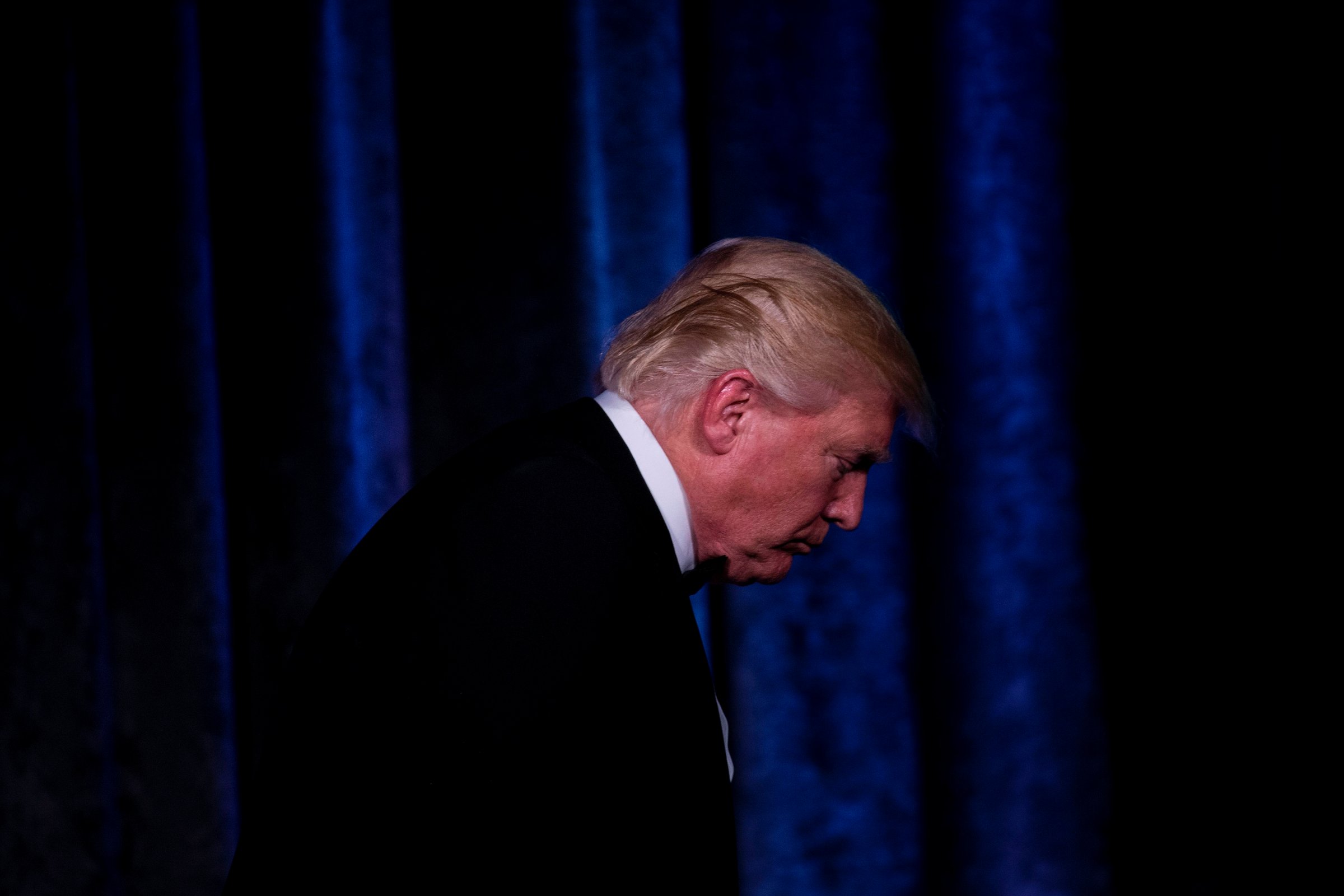
I know Donald Trump is a big fan of Andrew Jackson, a president who was autocratic, authoritarian, paternalistic, xenophobic and an unapologetic supporter of slavery. I also know, though, that my grandmother, Big Mama, was fond of saying, “Even a broken clock is right twice a day.” What she meant was: There’s some good in the worst of us and some evil in the best of us, so we should try hard not to judge people by their worst deeds.
Jackson and Trump put Big Mama’s advice and admonition to the test — shrinking citizens’ rights rather than expanding them, blurring the line between nationalism and patriotism, craving greater personal and presidential power rather than returning it to the people, and appointing family and friends to positions of authority without proper regard to their qualifications. Jackson and Trump, then and now: our most selfish citizens.
Yet their worst deeds do not absolve us. Though they do reveal a blind spot we share: We always talk about the rights of citizens, but never quite get around to the responsibilities.
In times of selfish leaders, we must remember Supreme Court Justice Louis Brandeis’ declaration that “the most important [political] office… is that of [the] private citizen.” And in times when those leaders threaten our livelihoods, we must simultaneously remember the French philosopher Jean-Paul Sartre writing that to be an honest citizen, one must be afraid.
Together, all of this raises a question: As American citizens — and therefore as office holders ourselves — what do we do with the fear that we now feel?
To my mind, there are five things to focus and act on:
Make sure that your definition of citizenship doesn’t begin and end with voting. Yes, voting is our most precious right as citizens. But for some of us, even that right still has to be protected in the era of Donald Trump and Attorney General Jeff Sessions. Each of us must accept that the kind of government we want depends on what kind of citizens we intend to be after we’ve cast our ballots.
Make sure that your definition of citizenship includes understanding and empathy for the plight of other fellow citizens. Our destiny as a nation is inextricably linked together. You will never experience the fullness of your own humanity if you cannot respect and revel in the humanity of all others.
Make sure that your definition of citizenship doesn’t diminish or consign others to second-class citizen status, especially those who are already living in communities wrestling with third-world conditions. If freedom was a commodity that only money could buy, the rich would live and the poor would die. Our democracy either works for all of us, or it works for none of us. In which case, we ought to stop lying to ourselves about living in a democracy, and just call it what it is — an oligarchy, a plutocracy.
Make sure that your definition of citizenship isn’t just about resist, but also about resolve. I’m all for resisting that which I am against, but I also resolve to advance an agenda of what I’m for, and to fight for what I believe. Right now, America needs visionaries, not mercenaries.
Finally, make sure that your definition of citizenship is also accompanied by a dream. A dream of what our nation can become at its best. We have to imagine the America that we want to live in, and, while refusing to surrender our agency to be outraged, we must align our vision with our values and strive to turn our vulnerabilities into victories.
More Must-Reads from TIME
- Donald Trump Is TIME's 2024 Person of the Year
- Why We Chose Trump as Person of the Year
- Is Intermittent Fasting Good or Bad for You?
- The 100 Must-Read Books of 2024
- The 20 Best Christmas TV Episodes
- Column: If Optimism Feels Ridiculous Now, Try Hope
- The Future of Climate Action Is Trade Policy
- Merle Bombardieri Is Helping People Make the Baby Decision
Contact us at letters@time.com